The Stars Align for the World Cup of Hockey

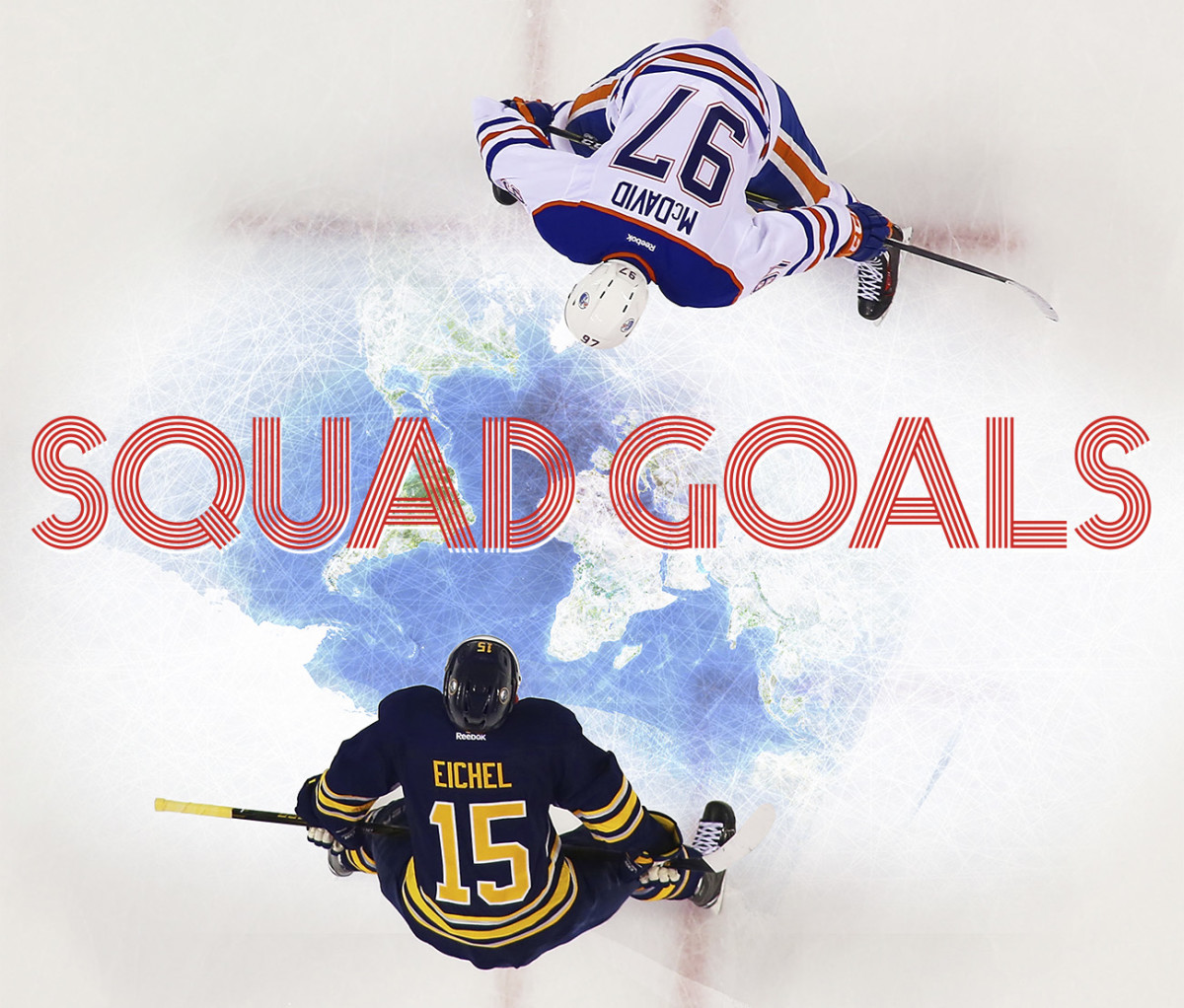
When the NHL announced in January 2015 that the World Cup of Hockey would return the next year, the roster of teams included all of the world powers: Canada, Sweden, Russia, the United States, the Team North American Youngstars, Finland — wait, back up. Team who?
The squad known simply as Team North America, made up of the top 23-and-under talent from Canada and the United States, seems primed to make a Cinderella run when the tournament kicks off later this month. This superteam could not have come together in a better era for prospects from the Western Hemisphere: The top pick from five of the last six drafts are on the roster. Its serious offensive firepower and youthful energy should inspire fear in even the most veteran opponents.
"We've got young legs," team manager Peter Chiarelli said when the initial roster was announced. "We're going to have a little bit of an advantage just because those younger guys are usually a little more ready when you start earlier in the year."
Among the youngest of those younger guys are Connor McDavid and Jack Eichel, rival teenage prodigies from the 2015 draft class. McDavid, who is from Richmond Hill, Ontario, plays for the Edmonton Oilers. Eichel, from East Chelmsford, Massachusetts, stars for the Buffalo Sabres. Not only do they compete against each other in the NHL, they've faced off against each other internationally in the past. Now they'll join forces, along with Johnny Gaudreau, a Calgary Flames forward from the U.S. who was the NHL's fifth-leading scorer last year, and 2013-14 rookie of the year Nathan MacKinnon, a Canadian who plays for the Colorado Avalanche. That forward group is as dangerous as any in the tournament.
The real strength of Team North America, however, will be its ability to generate an attack with a highly skilled and mobile defense. As a rookie with the Philadelphia Flyers last season, Shayne Gostisbehere scored at a higher rate (2.15 points per 60 minutes) than any defenseman. Meanwhile, Aaron Ekblad of the Florida Panthers and the Columbus Blue Jackets' Seth Jones are already top-pairing, do-it-all guys for their respective teams.
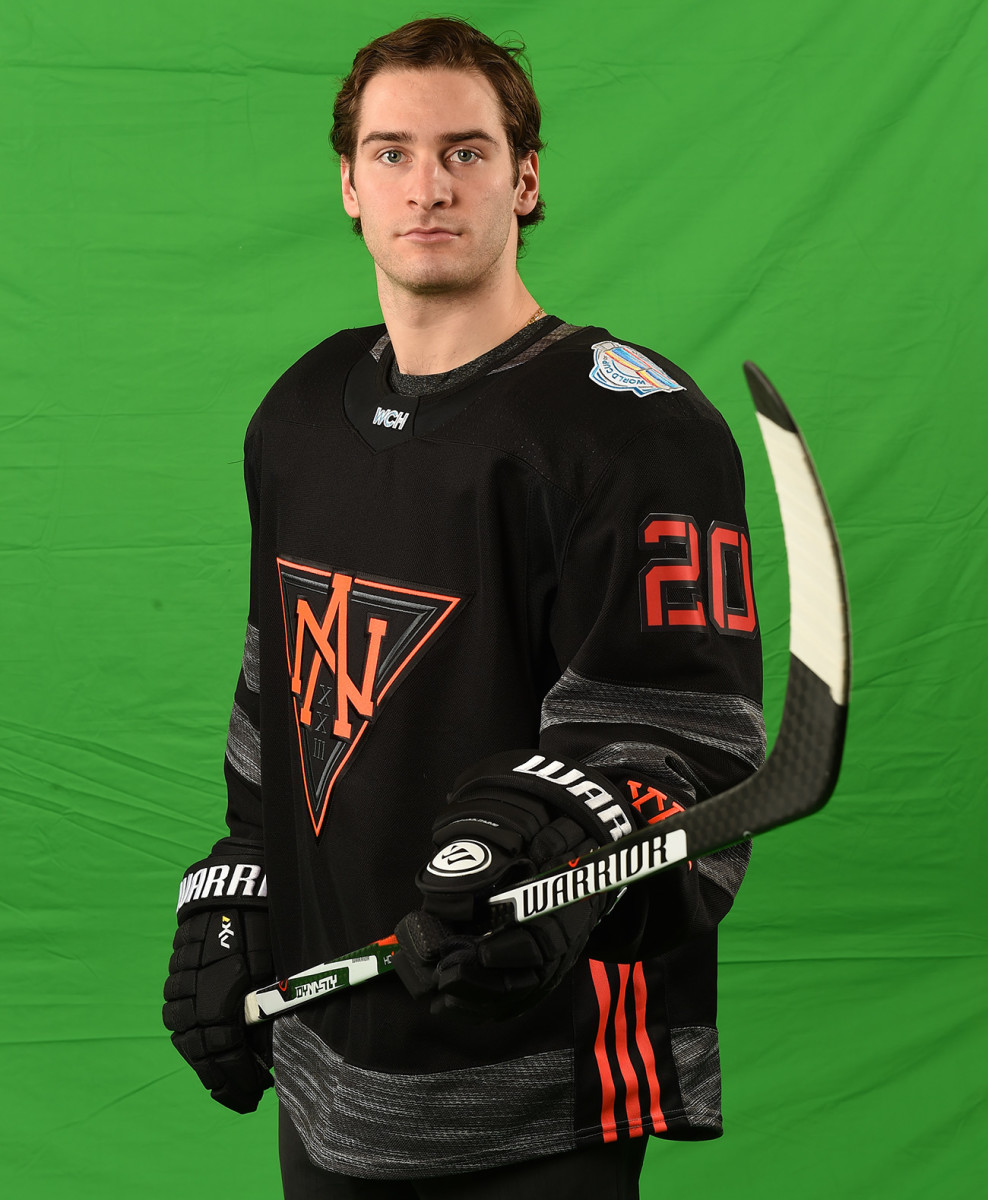
"The roster kind of speaks for itself," says Jones. "You can see what our D-corps is doing at the National Hockey League level, so I think we're going to come together quick and work well together."
The presumed Achilles heel for such inexperienced players — their detail on defense — may not be a weakness after all. Several players logged minutes as penalty killers last season. And centers Mark Scheifele and Sean Monahan have reputations as two-way forwards who have contributed at both ends of the ice since their junior hockey days.
Big game experience? The team has that too. Even without counting all the international junior tournament matches the players have logged — many against each other — North America has the reigning Stanley Cup-winning goalie, Pittsburgh's Matt Murray, between the pipes. Brandon Saad (left), a two-time Cup-winner in Chicago, and Jonathan Drouin, the surprise hero of Tampa Bay's playoff run last season, should also help the team's confidence.
Ultimately, North America's biggest challenge may be getting fans. How do the players plan to convince Canadians to abandon their powerhouse national team? How do you ask patriotic Americans to wear colors other than red, white, and blue?
"Oh, man, I don't know," says Jones with a laugh. "It is a little bit of a weird situation."
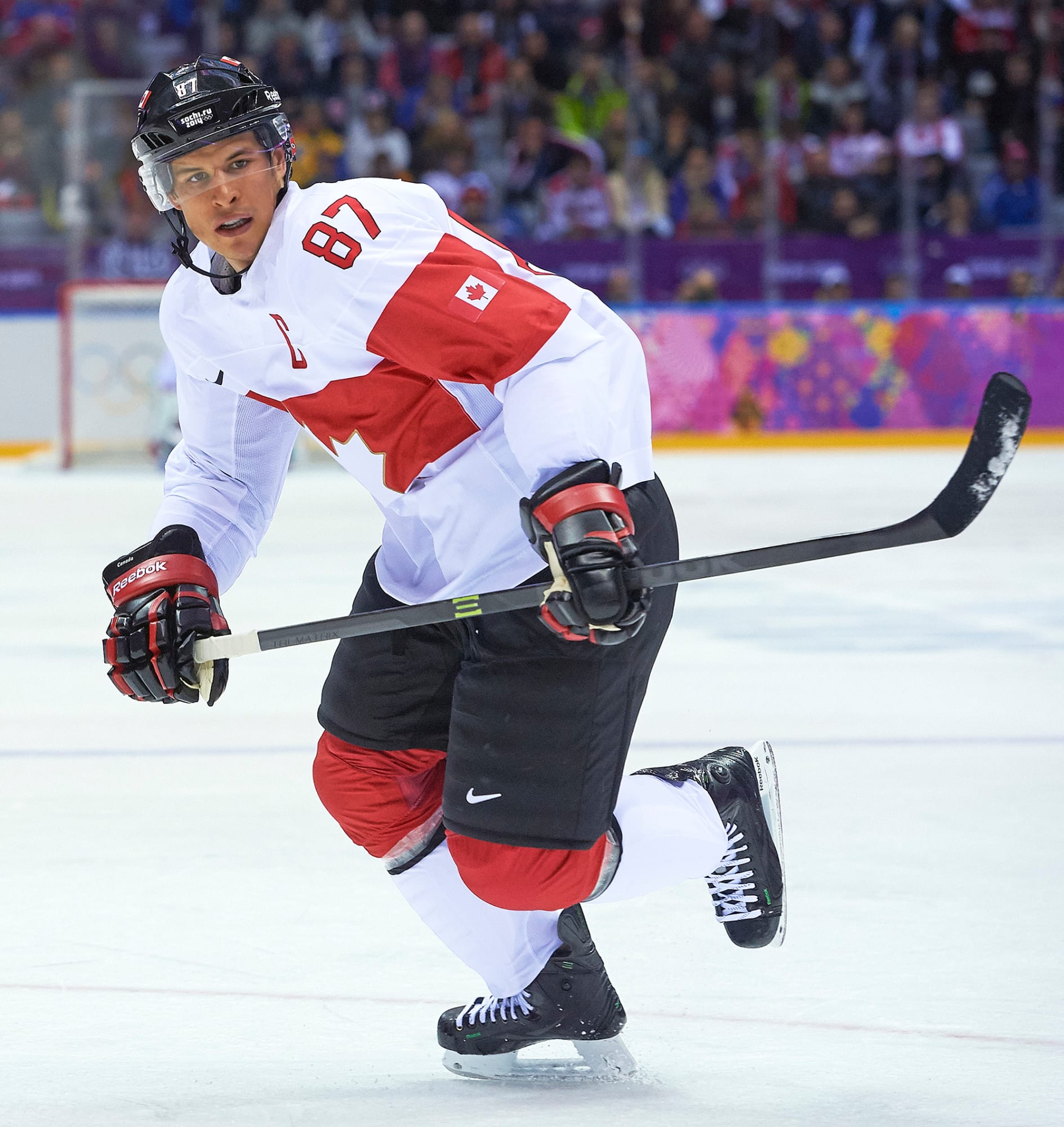
2014 OLYMPIC RESULT: GOLD Winner of the last two IIHF world championship golds and the last two Olympic golds, Canada is the team to beat. Its combination of star power and depth is unrivaled. What other team boasts three of the NHL's eight post-lockout MVPs (Sidney Crosby, Carey Price, and Joe Thornton) and left a fourth (Corey Perry) off the roster entirely? The late additions to the team could create a starting lineup capable of beating any other in the tournament: Brent Burns, Matt Duchene, Claude Giroux, Alex Pietrangelo, and Thornton. In addition to its depth, what separates Canada's roster from its rivals is versatility. The team's two leading scorers in Sochi, Shea Weber and Drew Doughty, may be the world's best defensemen in their own zone. And top centers Jonathan Toews and Patrice Bergeron battle each other every year for the Selke trophy as the NHL's best defensive forward. If this team has a weakness, it is its own success. A strong leadership group (Canada is basically an All-Star team of current and former NHL captains) should prevent complacency. But an unwillingness to tinker with a winning formula has led to controversial roster decisions, namely leaving off P.K. Subban.
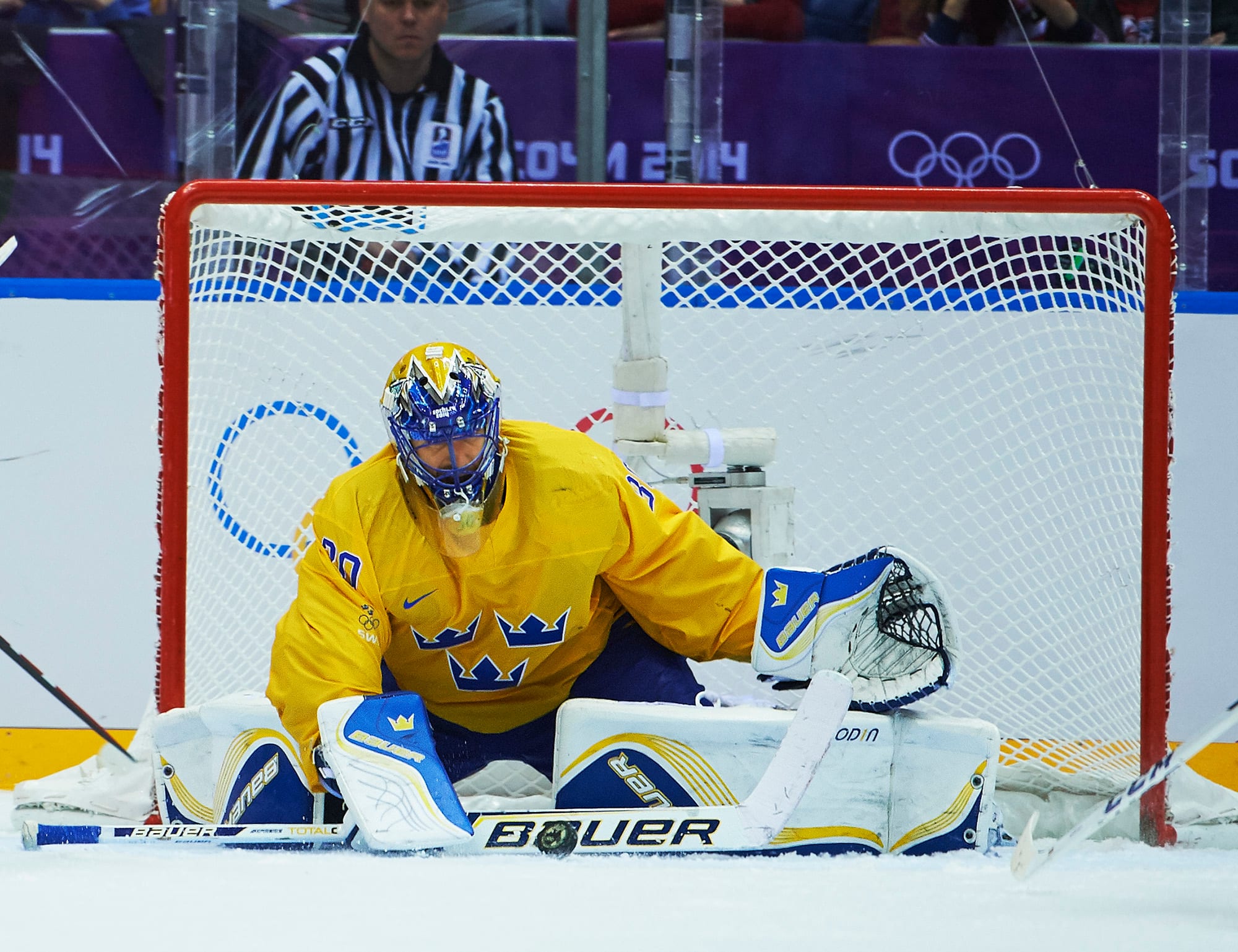
2014 OLYMPIC RESULT: SILVER Five core members of the team that won gold in Torino in 2006 are still here: Henrik Sedin, Daniel Sedin, Henrik Zetterberg, Niklas Kronwall, and Henrik Lundqvist. Zetterberg and the Sedin twins still figure to do much of the heavy lifting on offense, while Lundqvist's presence in net gives the team a fighting chance in every game. It's the young defense, however, that makes Sweden a threat to Canada's dominance. Erik Karlsson is the best offensive defenseman in the world — and inarguably the best blueliner not from Canada. He joins Tampa's Victor Hedman, Chicago's Niklas Hjalmarsson, and Arizona's Oliver Ekman-Larsson in a group so versatile and deep that John Klingberg (58 points for Dallas last season) couldn't crack it. And if coach Rikard Gronborg opts to start Nashville's Mattias Ekholm at defense over the aging Kronwall, Sweden will be even more dangerous.
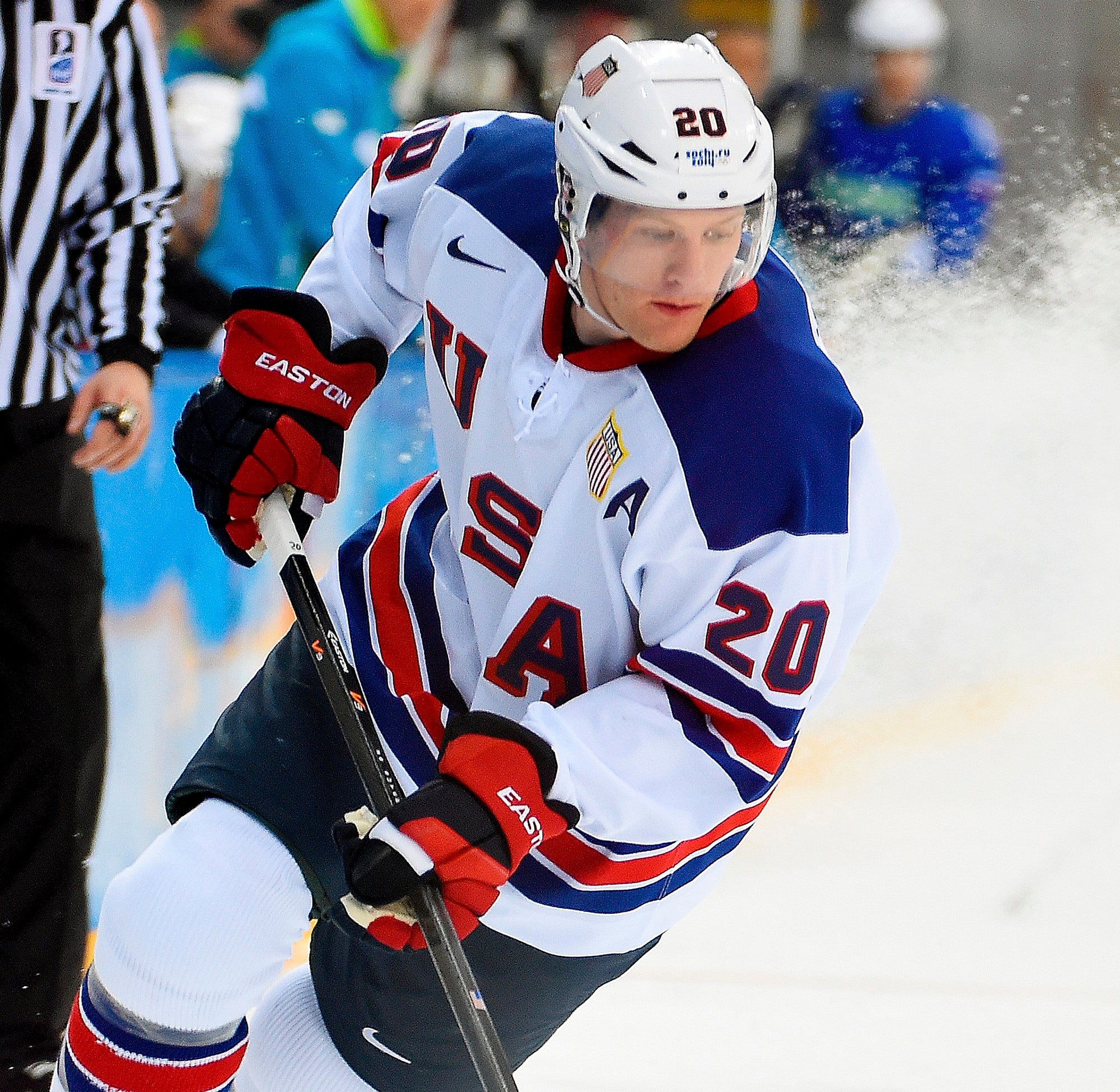
2014 OLYMPIC RESULT: LOST BRONZE MEDAL GAME After a puzzling decision to leave Bobby Ryan off the 2014 Olympic squad and the subsequent disappointing fourth-place finish, Team USA responded with ... more contentious roster moves. Back are the two Johnsons on defense — Erik and Jack — who were on the silver-medal-winning 2010 team but were not invited to play in Sochi. Despite their faithful service to the national team, they're just not that good. Besides Ryan Suter, Justin Faulk may be the best American-born defender in the NHL, and he'll be watching from home. As far as the forwards go, Ryan still didn't make the squad and neither did Penguins' playoff hero Phil Kessel. In their place are grinders Ryan Callahan and Justin Abdelkader. America boasts the reigning NHL MVP, Patrick Kane, but he can't do it alone. The future is bright for Team USA, but those players are on Team North America.
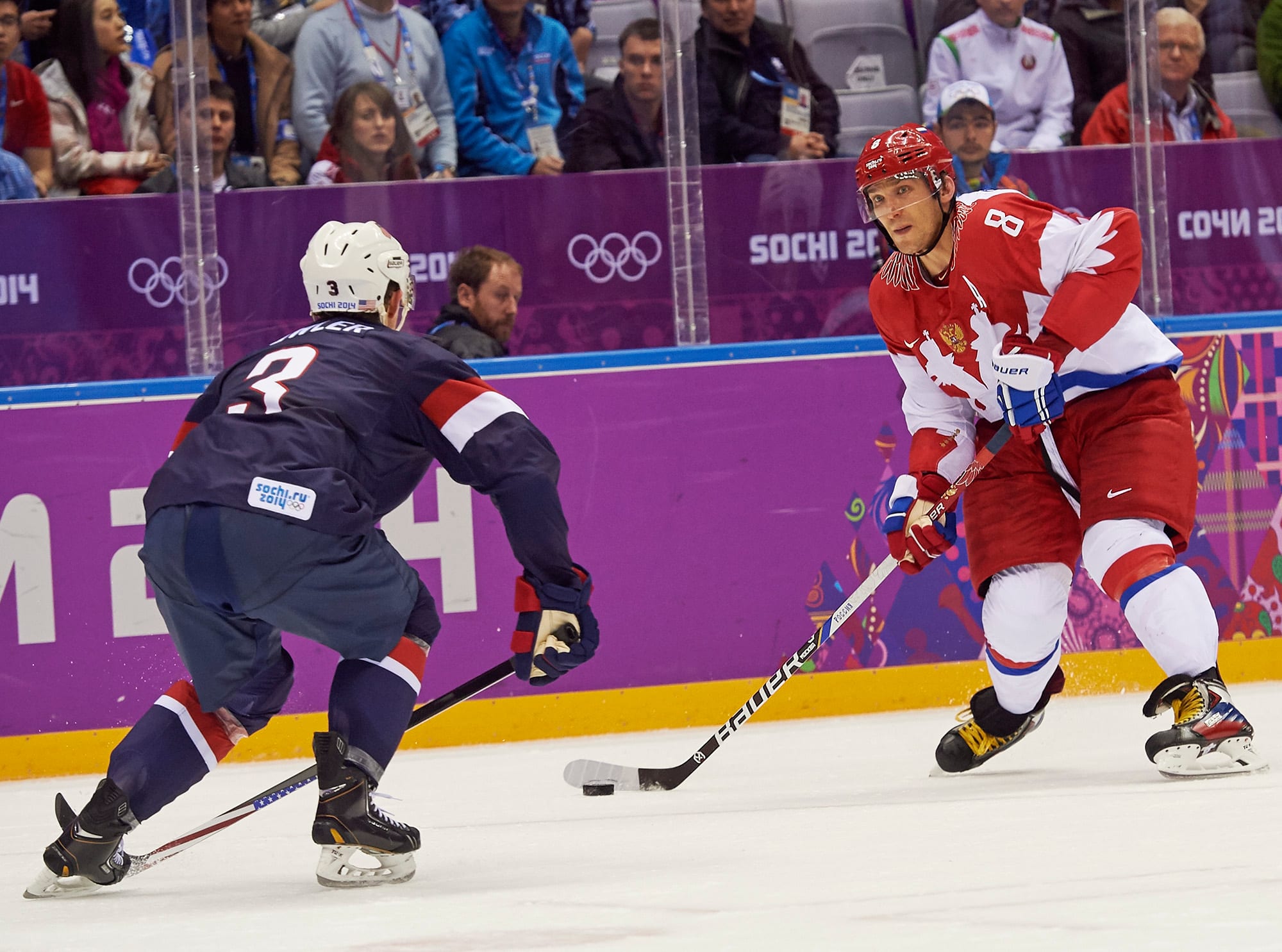
2014 OLYMPIC RESULT: LOST IN QUARTERFINALS The eternal problem of the Russian roster: too many forwards, not enough defense. If trading was allowed among international teams, Russia could probably quickly reclaim its Soviet-era glory by swapping Nikita Kucherov for Sweden's Victor Hedman, or sending Ilya Kovalchuk's rights to Canada for P.K. Subban's. Alas, Russia — led by Alexander Ovechkin — is doomed to trying to win games with double-digit goal totals. Ironically, despite the ragtag group of defensemen playing in front of them, Russia's goalies may be the best trio in the tournament: Sergei Bobrovsky, Semyon Varlamov, and Andrei Vasilevskiy. Too bad the team can only have one on the ice at a time.
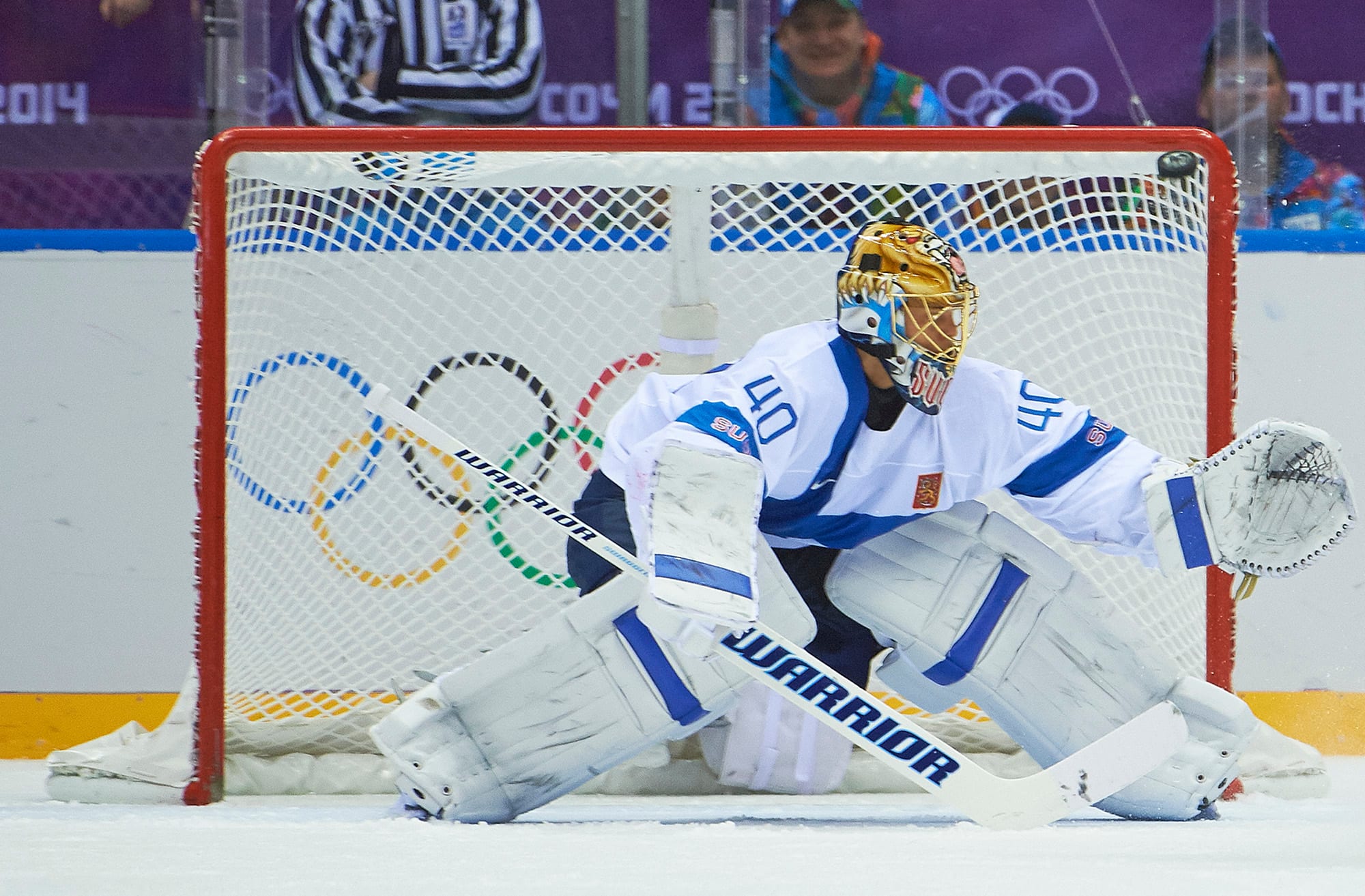
2014 OLYMPIC RESULT: BRONZE Long considered a goalie factory — the team will likely have Pekka Rinne backing up Tuukka Rask in this tournament — Finland has started to develop stars at other positions. Olli Maatta, Rasmus Ristolainen, and Sami Vatanen are three of the NHL's most underrated defensemen. And youngster Aleksander Barkov joins Mikko Koivu and Valtteri Filppula to give the Finns enviable depth down the middle. Unlike some other teams, Finland has no obvious weaknesses — it's just not talented enough. But unlike Canada and the USA, the Finns benefit from keeping their very promising under-23 crop. This tournament looks more like a preview of what's to come for Finland.
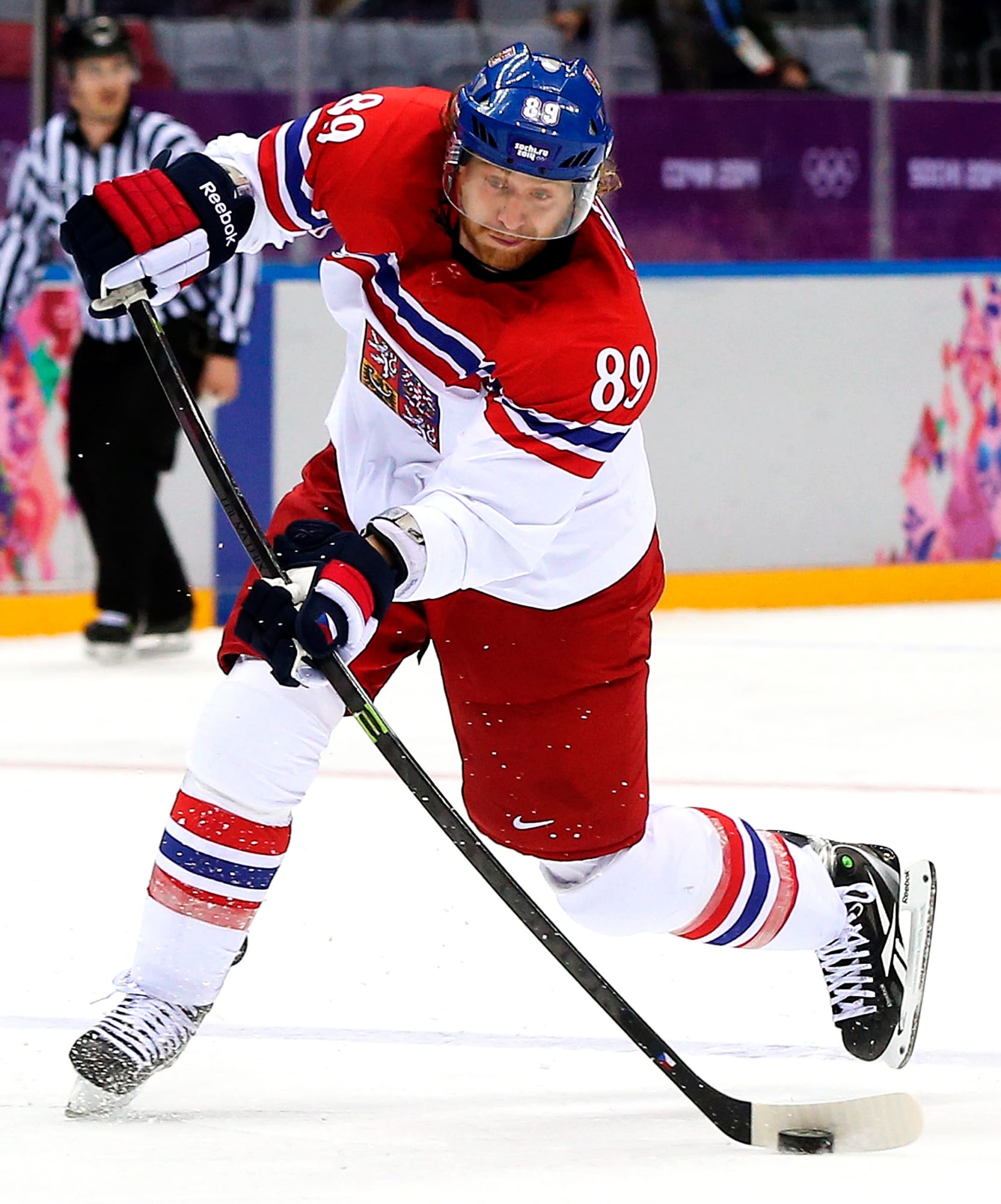
2014 OLYMPIC RESULT: LOST IN QUARTERFINALS The bad news: Jaromir Jagr opted out of the tournament. (He's 44 years old and still starring for the playoff-contender Panthers, so he could use the extra time before the NHL season starts.) The even worse news: No Czech NHL player matched Jagr's 66 points last year. That fact serves as a great tribute to Jagr's talent and longevity, but it does not bode well for the future of this national program. So who can replace 68? The best bet is Jakub Voracek, who had 81 points for the Flyers in 2014-15, before a disappointing '15--16. If he can bounce back, a potential top line of Voracek, David Krejci, and Ondrej Palat should scare opponents.
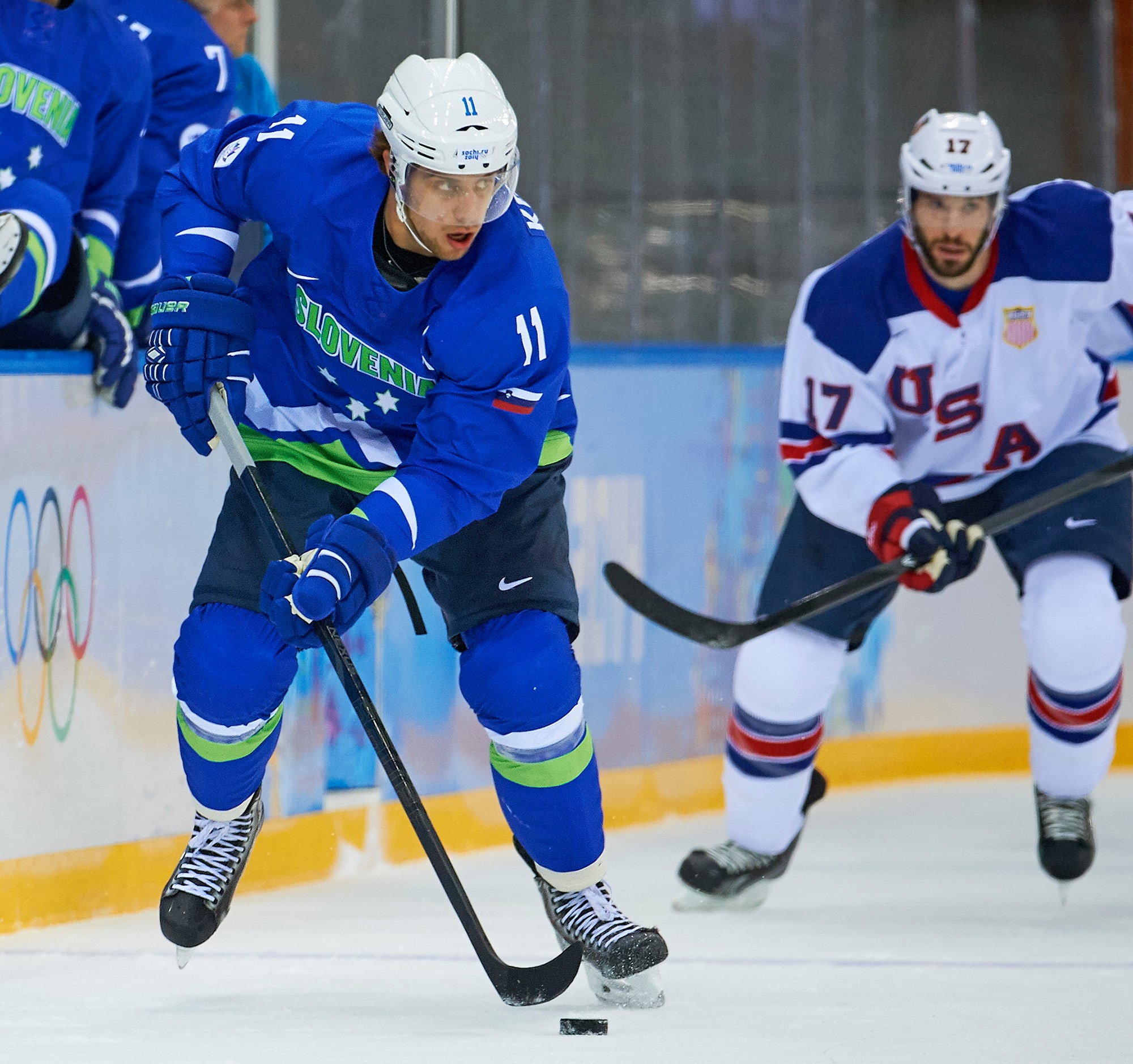
DIDN'T COMPETE IN 2014 OLYMPICS Slovenia, Slovakia, Germany, Denmark, Switzerland, France, Austria, and Norway make up this European Union of lesser hockey powers. Despite being better at other sports, however, these nations have produced some serious NHL stars who will suit up for Team Europe: Anze Kopitar, Zdeno Chara, Roman Josi, and Marian Hossa. One attribute that literally and figuratively separates Europe from its opponents is team speed. Josi, Mats Zuccarello, and Marian Gaborik can all fly. Stretch passes and breakaways may cause problems for teams with slower defensemen. Solid goaltending and the ability to go for home run plays make this wild-card team a threat.
Photos: Sean Rudyk/NHLI/Getty Images (face off), Brian Babineau/NHLI/Getty Images (Saad)
